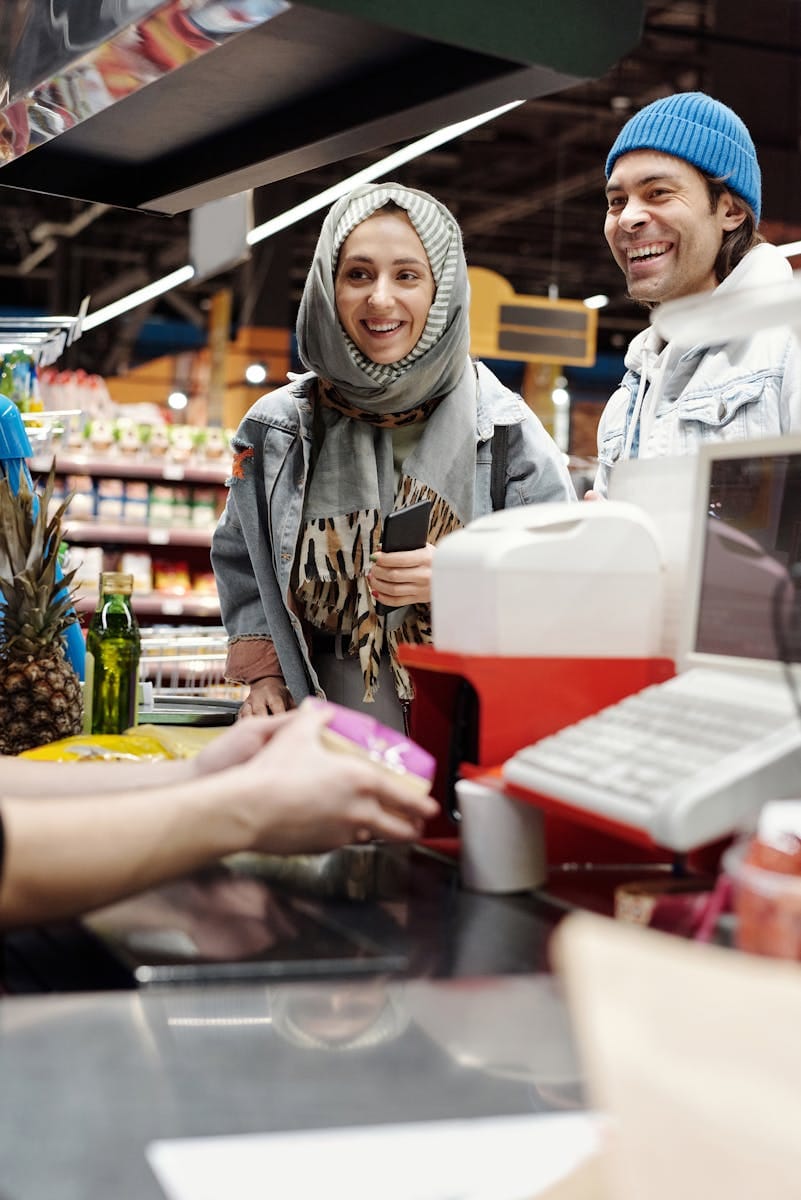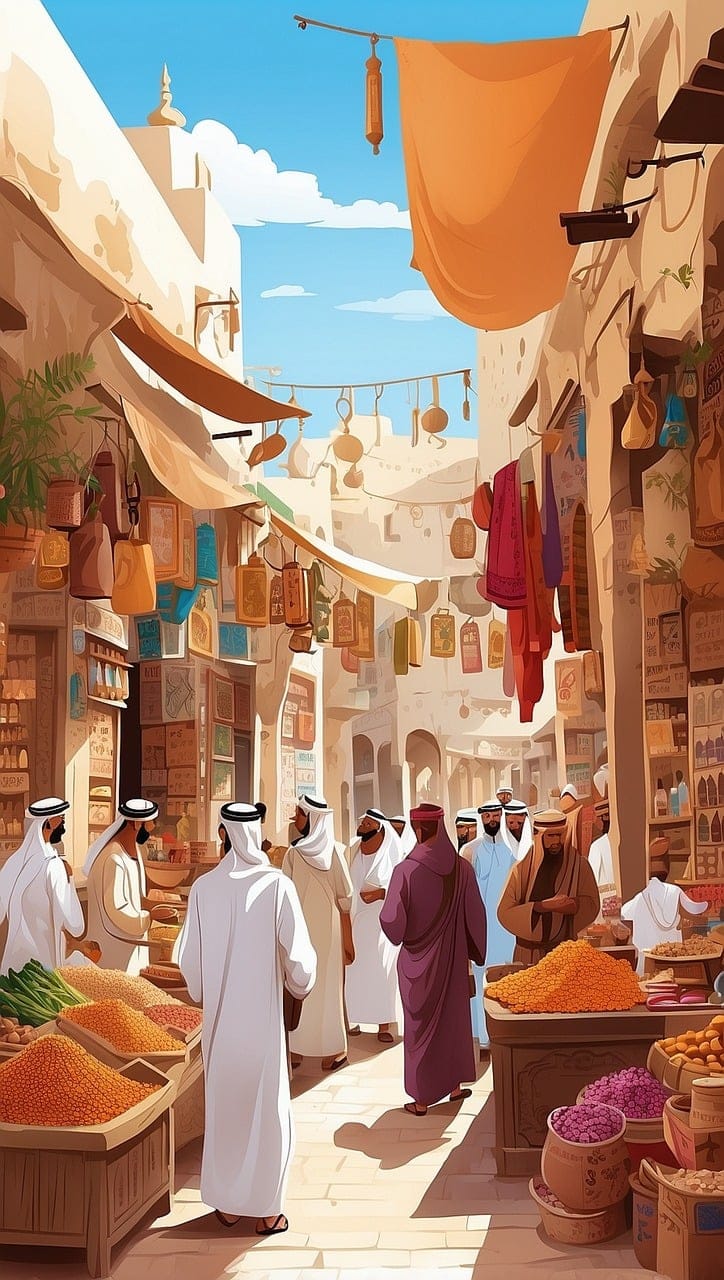HALAL
ONE OF THE WORLD’S FASTEST GROWING INDUSTRIES


Halal has emerged as one of the fastest-growing industries worldwide, with compelling statistics reflecting its remarkable expansion. According to recent reports, the global Halal market is projected to reach a staggering value of $9.71 trillion by 2025, representing an annual growth rate of 6.3%. It is important to note that Halal is not solely limited to the realm of food, but encompasses a multitude of sectors, including cosmetics, tourism, pharmaceuticals, and finance.
The Halal cosmetics market alone is estimated to witness a significant surge, with an expected value of $54 billion by 2025. The Halal tourism sector, catering to the needs of Muslim travelers, has also been thriving, with Muslim tourists spending approximately $194 billion worldwide in 2019. Additionally, the Halal pharmaceutical and Halal finance industries have been rapidly gaining traction, drawing attention from investors and businesses globally.
With such impressive growth prospects and a diverse range of industries embracing its principles, the Halal sector presents itself as a compelling industry to enter. As consumer demand for Halal-certified products and services continues to rise, entrepreneurs and businesses alike can tap into this expanding market, harnessing its potential for innovation, profitability, and positive social impact.
WHAT IS HALAL EXACTLY?
Halal is an Arabic term that signifies what is permissible or lawful according to Islamic teachings. It encompasses a wide range of practices and principles that guide the lifestyle of Muslims, including those related to food, drinks, personal care, finance, and more. In the context of food, Halal refers to dietary laws that dictate what is permissible for consumption, with specific guidelines on sourcing, preparation, and handling of food products. It prohibits the consumption of pork, alcohol, and any food items containing ingredients derived from animals not slaughtered according to Islamic rituals.
Halal extends to other sectors such as cosmetics, pharmaceuticals, tourism, and more, where compliance with Islamic principles and ethical standards is important. Halal also encompasses various aspects of life, promoting ethical and sustainable practices, fair trade, animal welfare, and social responsibility. Adhering to Halal principles is not only a religious obligation for Muslims but also a lifestyle choice for individuals seeking products and services that align with their values of integrity, purity, and compassion.


Learn more about
Halal
Industries
Ultimately, Halal represents a comprehensive lifestyle concept for Muslims, emphasizing purity, integrity, and adherence to Islamic values in various aspects of daily life. Our role at ICHS is to facilitate the means by which businesses around the world that are focused on providing Halal-based products and services can do so through our streamlined certification processes, as well as expand their businesses through our networking and service channels.




